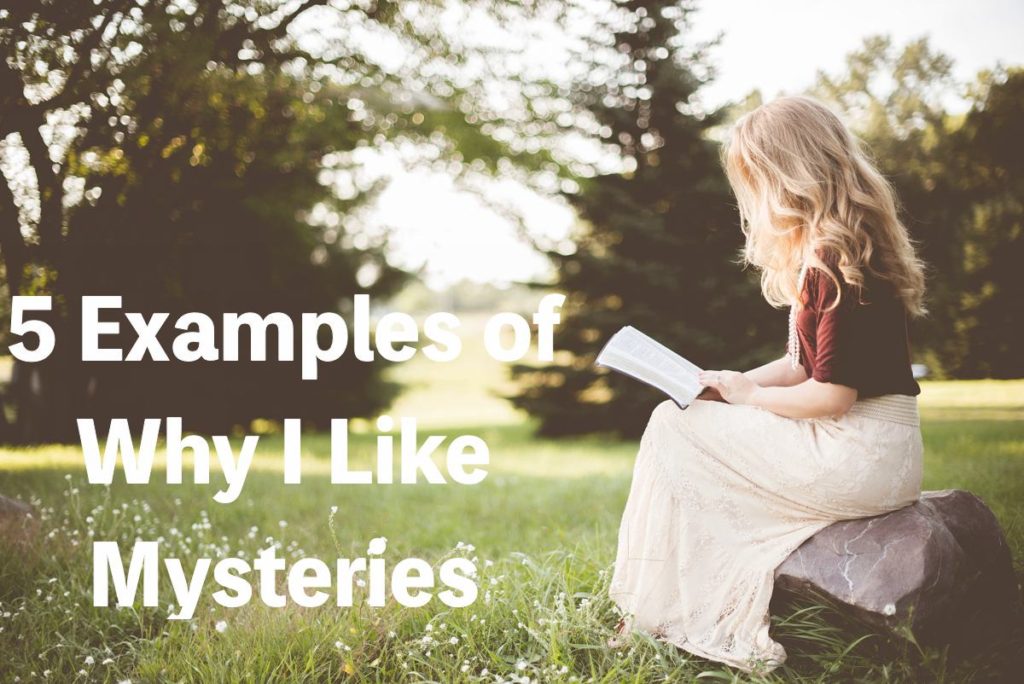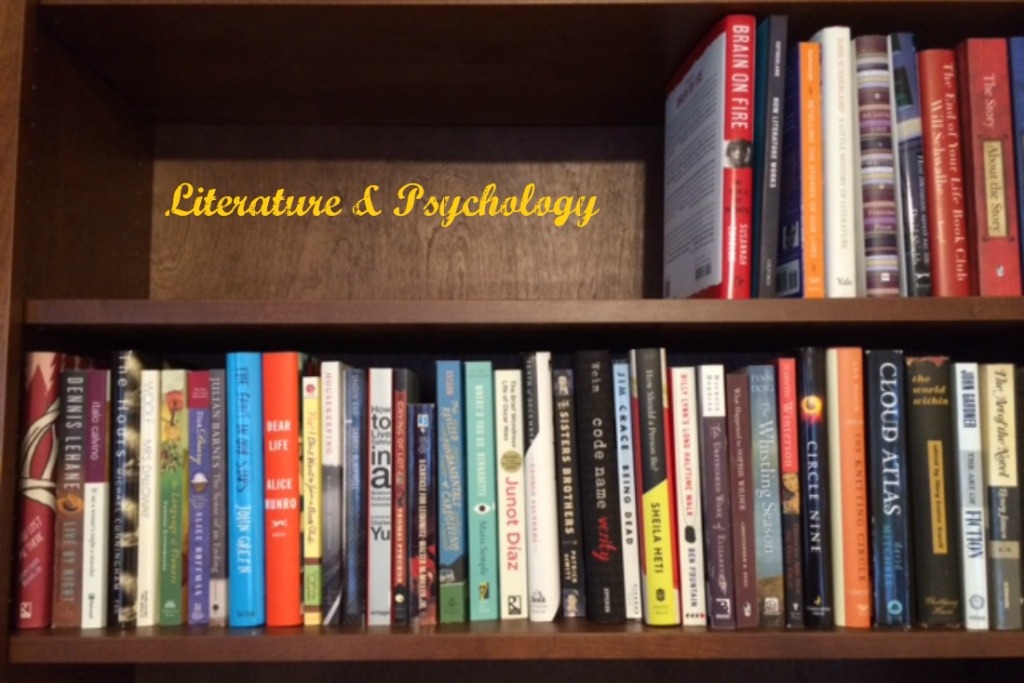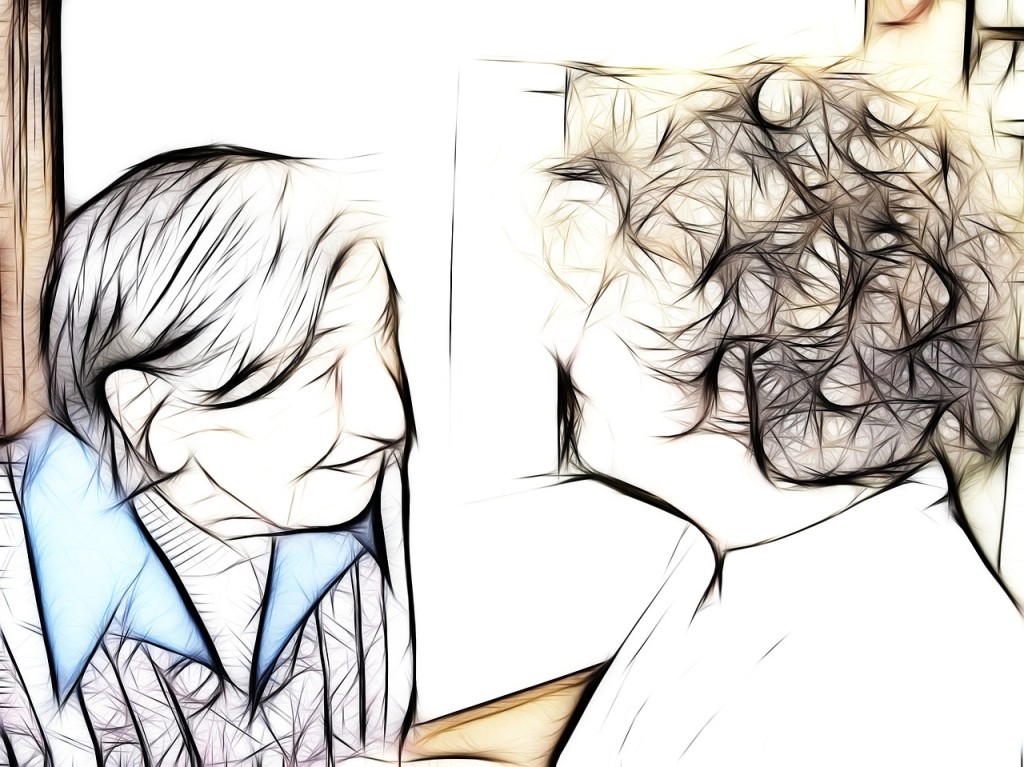Literary Links
Lots of interesting literary-related articles this week. Crime writers react with fury to claim their books hinder rape trials The Staunch prize was founded in 2018 to honor a thriller ““in which no woman is beaten, stalked, sexually exploited, raped or murdered.” This article reports on the many writers, including Val McDermid and Sophie Hannah, […]





